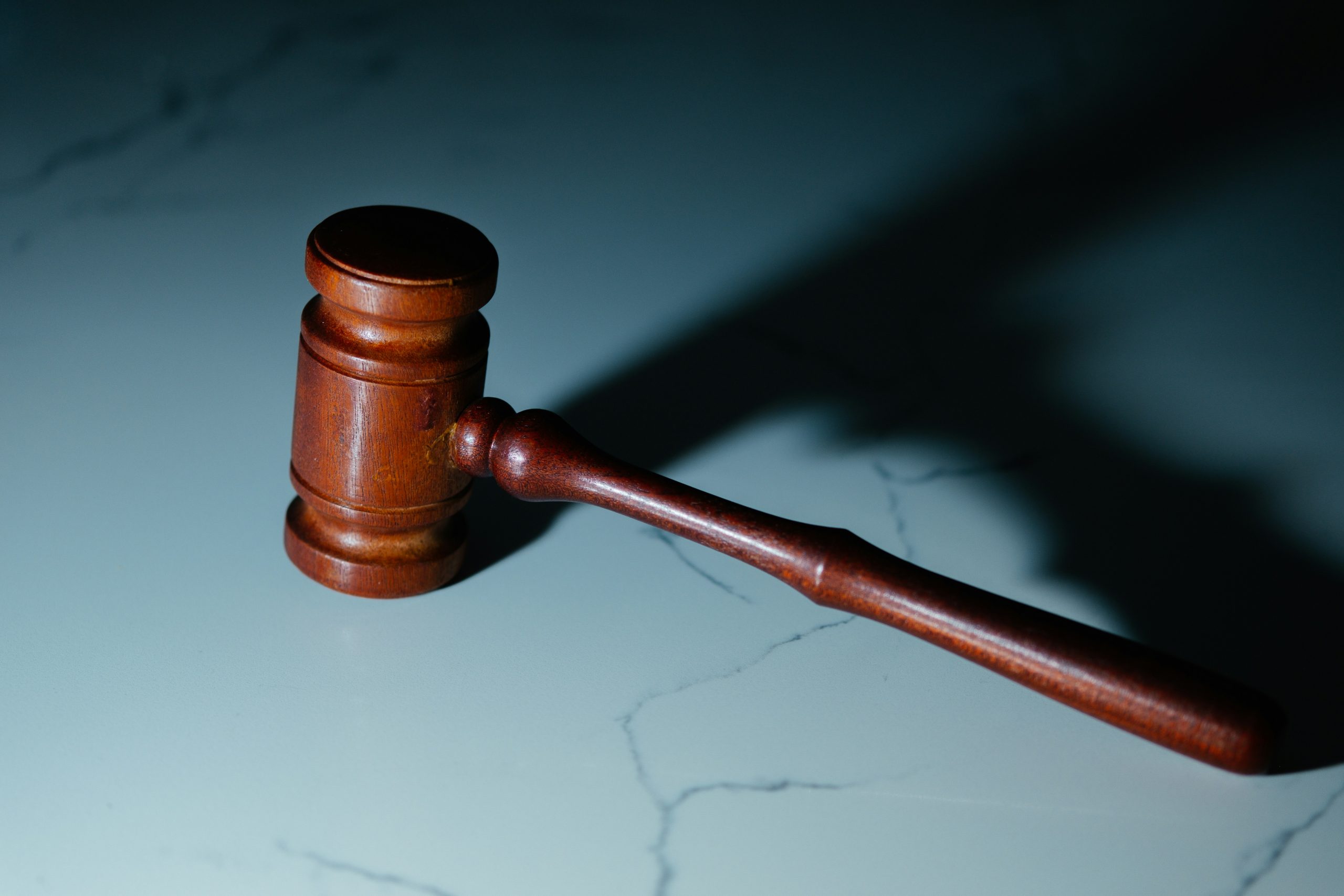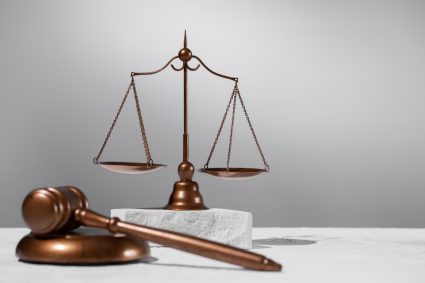
Sometimes, the court can release the accused on bail. They are usually required to comply with specific conditions such as appearing in court, complying with curfew restrictions, adhering to house-arrest limits, and avoiding drugs and substance abuse. The court usually requires an individual to supervise the accused in such cases. That person is referred to as the surety. If you are facing legal challenges, consulting a criminal lawyer in Brampton can provide essential guidance.
This article takes you through what you need to know about the surety. We discuss aspects such as who can become the surety and their responsibilities. We also respond to some of the frequently asked questions on this topic.
Let’s dive right in:
Why consider a Surety?
You might not be aware, but many individuals not released on bail eventually plead guilty. When detained, accused individuals go through emotional, physical, and mental challenges that the jail environment subjects them to. Some of them might think that the only way to get out is by pleading guilty, but pleading guilty can cause irrevocable damage to the individual, their careers, and their status in Canada.
When there is a surety, the court can consider releasing the individual on bail and have them appear in court as needed. If you would like to be their surety, you can contact us for guidance.
Who can become a surety?
Not everyone can be qualified to be a surety. A surety should be in a position to monitor the accused. To become a surety, you should be a Canadian citizen or a permanent resident, be employed or have assets sufficient to meet the bail amounts pledged, and have no criminal record.
To be approved as a Surety, the court must confirm that you are capable of supervising the accused and that the accused will be amenable to your supervision. The court also ensures that you are financially able if the accused breaches the conditions set for bail. The Crown may cross-examine you on your suitability to be a surety. For example, not knowing the accused well, not knowing the details of their charges or prior criminal history, lack of controls in the plan, and other characteristics that would lead a judge to find the surety untrustworthy may lead to a judge disqualifying the surety from the bail order.
For more guidance, you can seek advice from a legal expert who understands the intricacies of becoming a surety.
Frequently Asked Questions
What would happen to me as a surety if the accused breaks some bail conditions?
As a surety, you must notify the police if the accused has breached any of their bail conditions. If there is a breach, the Court may take further action to have you appear in court to determine if you should forfeit the money that was pledged towards the bail. Typically, a failure to report a breach would be indicative of a failure by the surety to do their job of supervision well. In situations where the surety has failed completely at their duty of supervision, most if not all of the surety amounts may be ordered to be forfeited.
For more specific advice, it’s best to consult with a qualified lawyer who can help you understand your responsibilities and protect your interests.
For how long will I be the surety?
Until the case reaches a conclusion in court, you will remain the surety and the bail conditions will be in effect until the end of the case. The case can end when the accused pleads guilty or is found guilty, when they are found not guilty, or when the case is withdrawn by the Crown. You will remain responsible for the accused based on the agreed bail conditions until then. If you decide that you no longer wish to be a surety, you can complete a surety revocation form and request it at your local courthouse. Once that revocation is finalized, the accused will be required to turn themselves in so that a new bail hearing can be held.
If you are unsure of how to navigate the legal system, seeking legal insights from an experienced lawyer can provide the clarity you need.
Conclusion
Being a surety is a significant responsibility, and it’s crucial to understand what it entails before taking on the role. If you have any questions or need guidance, consider choosing the right lawyer who can provide you with the best advice for your situation. We are here to help you navigate the complexities of the legal system and ensure a fair outcome.





